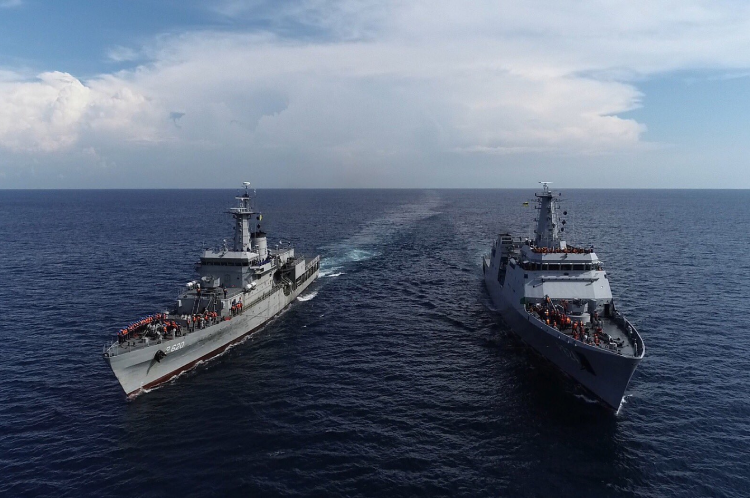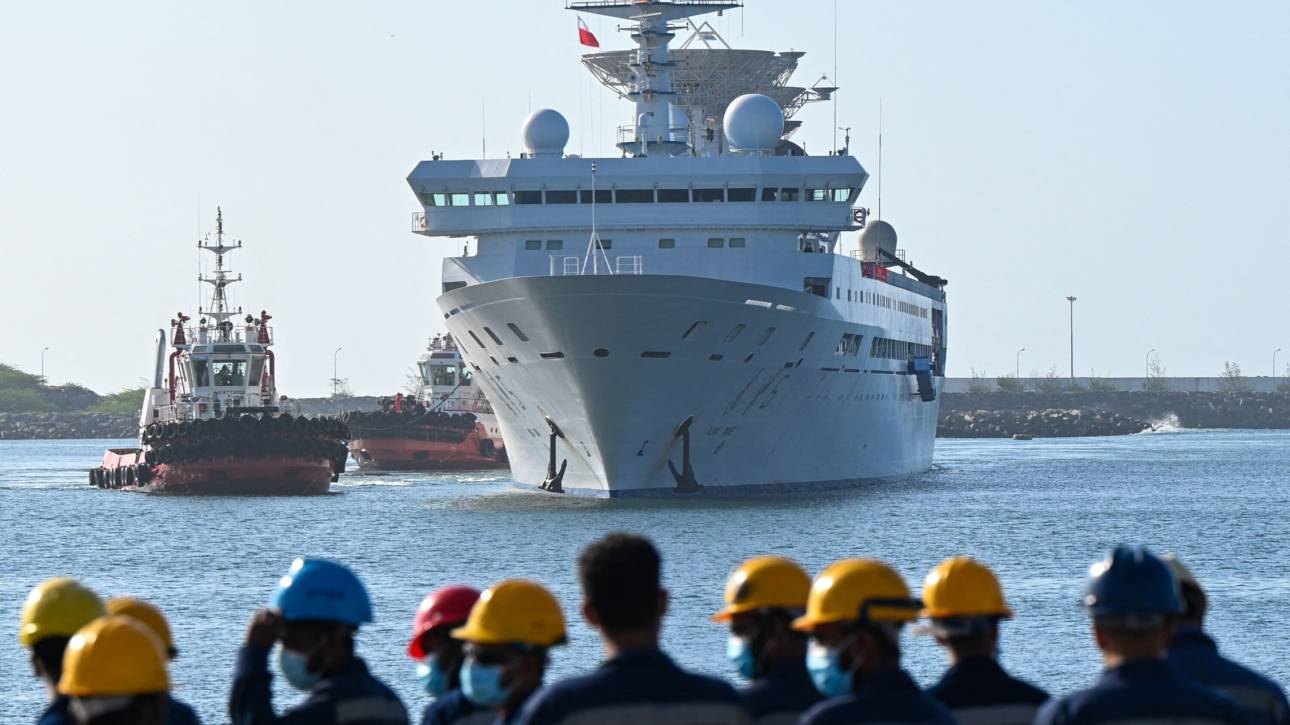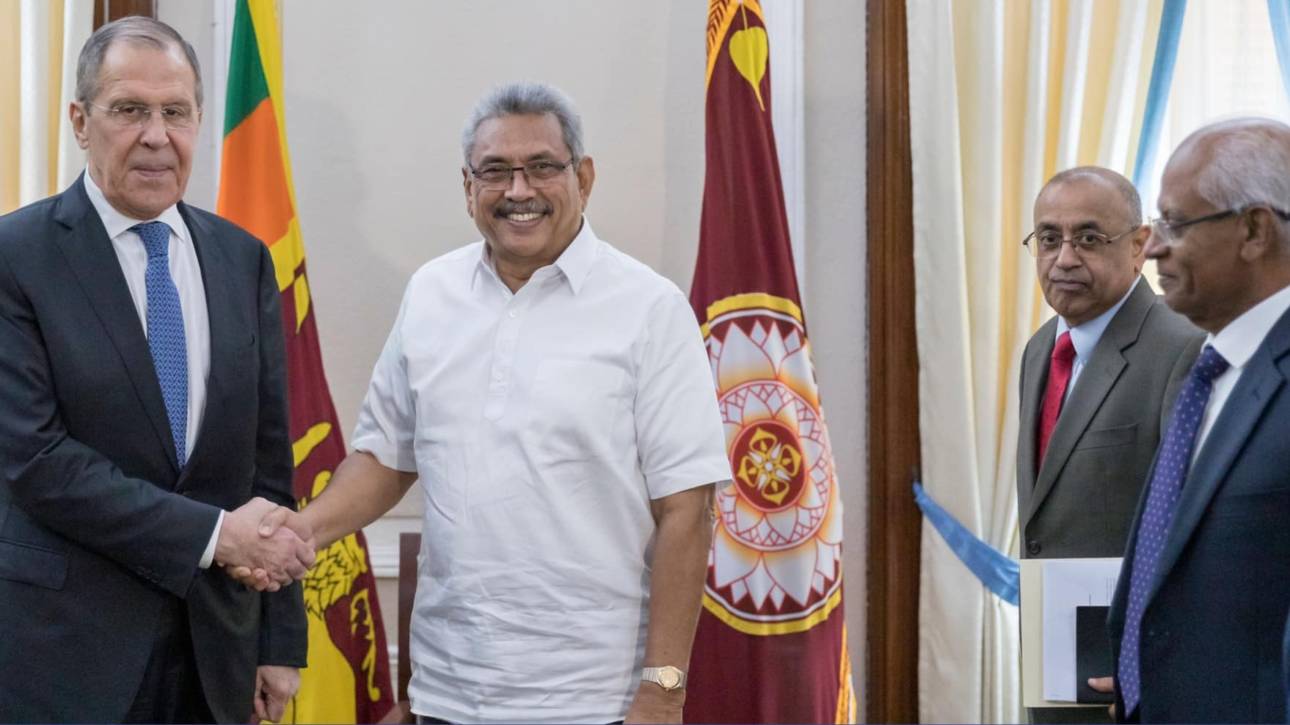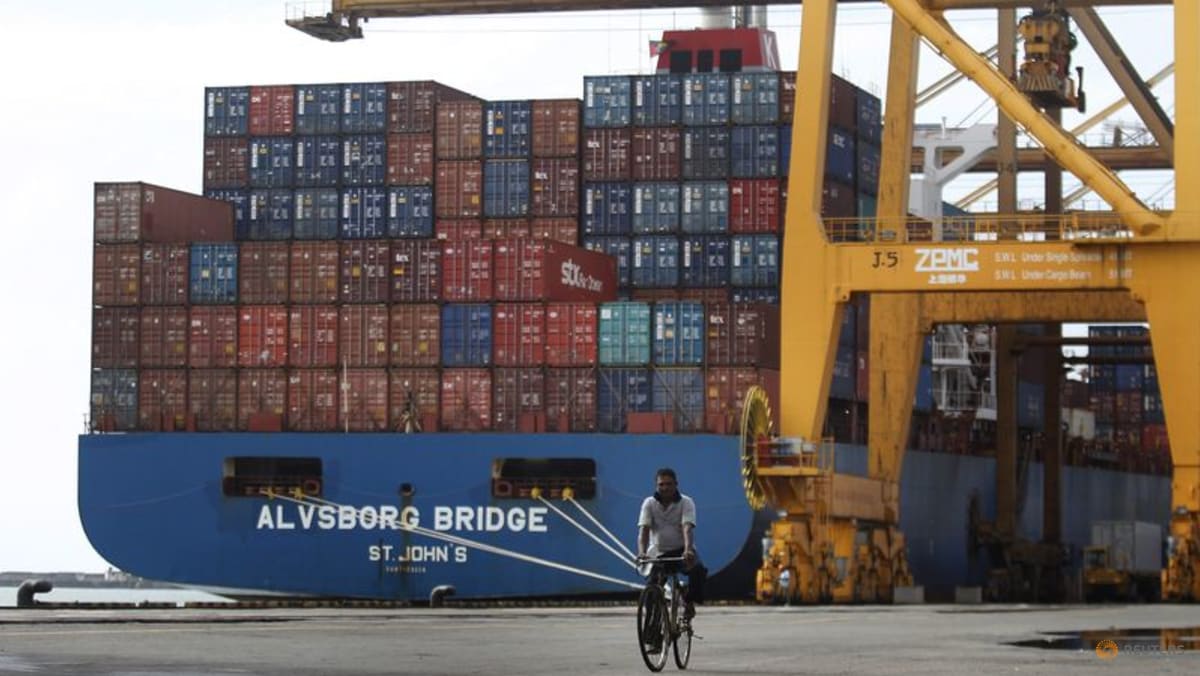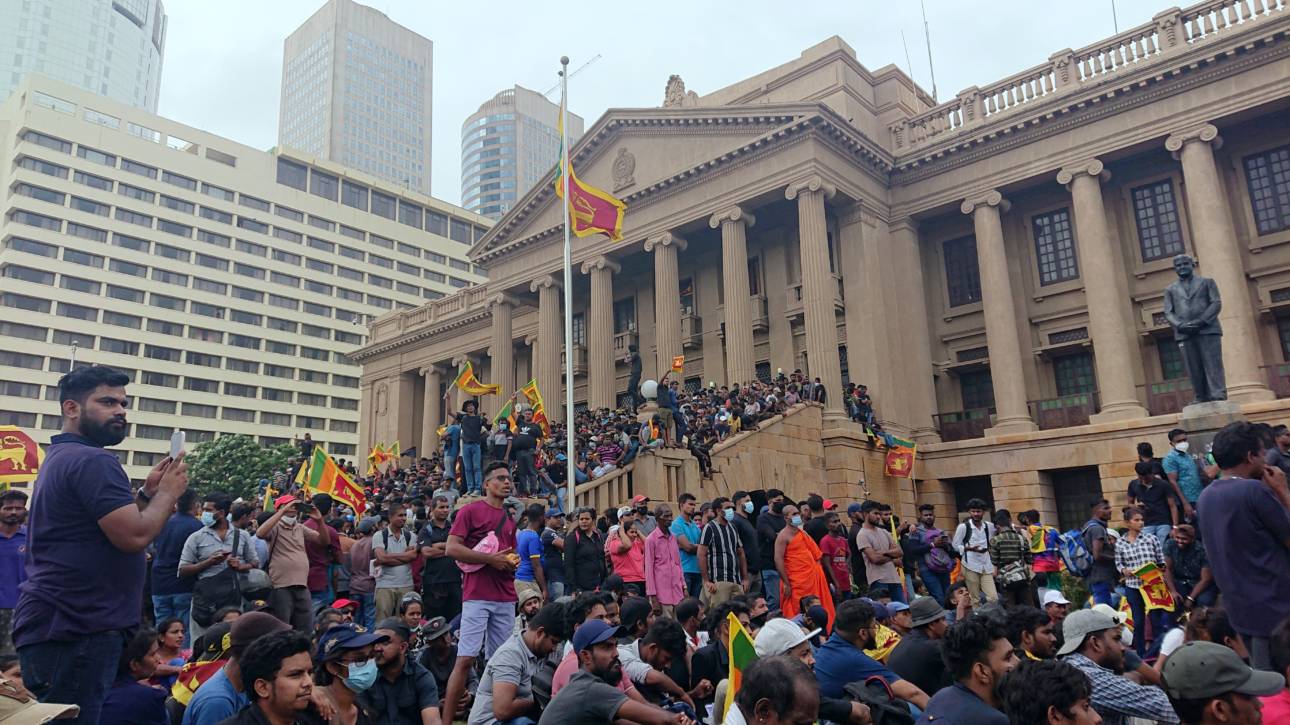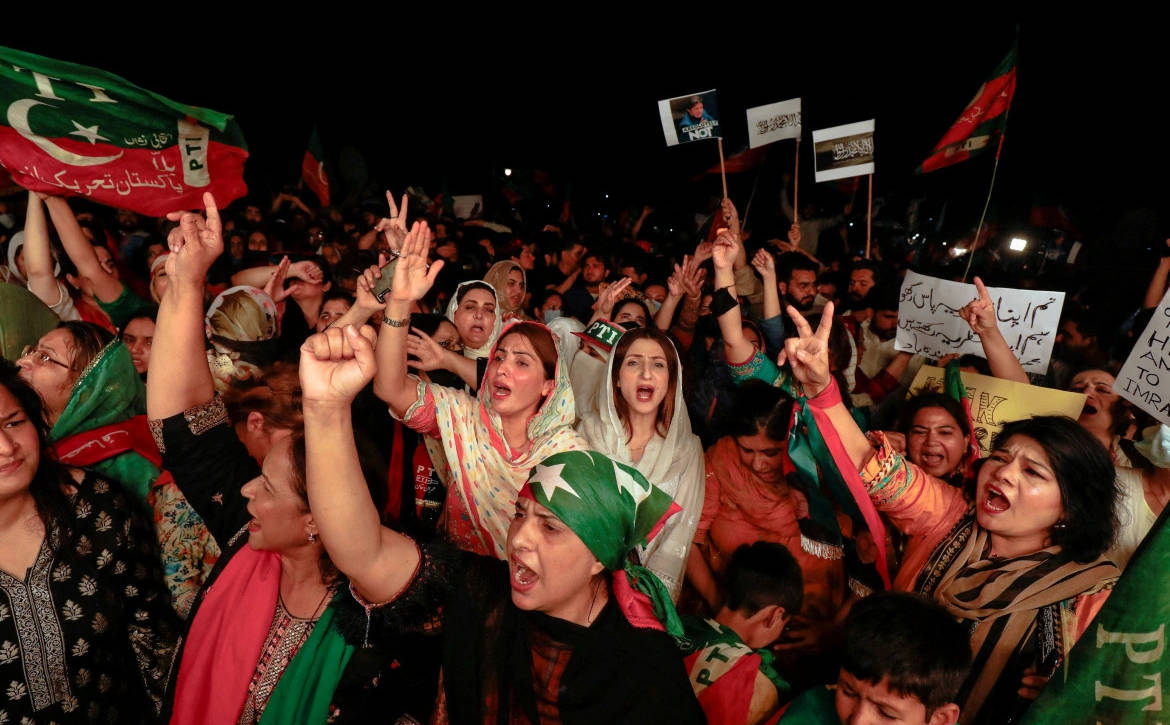By Uditha Devapriya
How one team came together to resolve Sri Lanka’s intractable fuel shortages
On June 27, Sri Lankans woke up to some rather dismal news: the country had run out of fuel, and the government would limit stocks to essential services and industries for two weeks. The situation was so bad that the…


